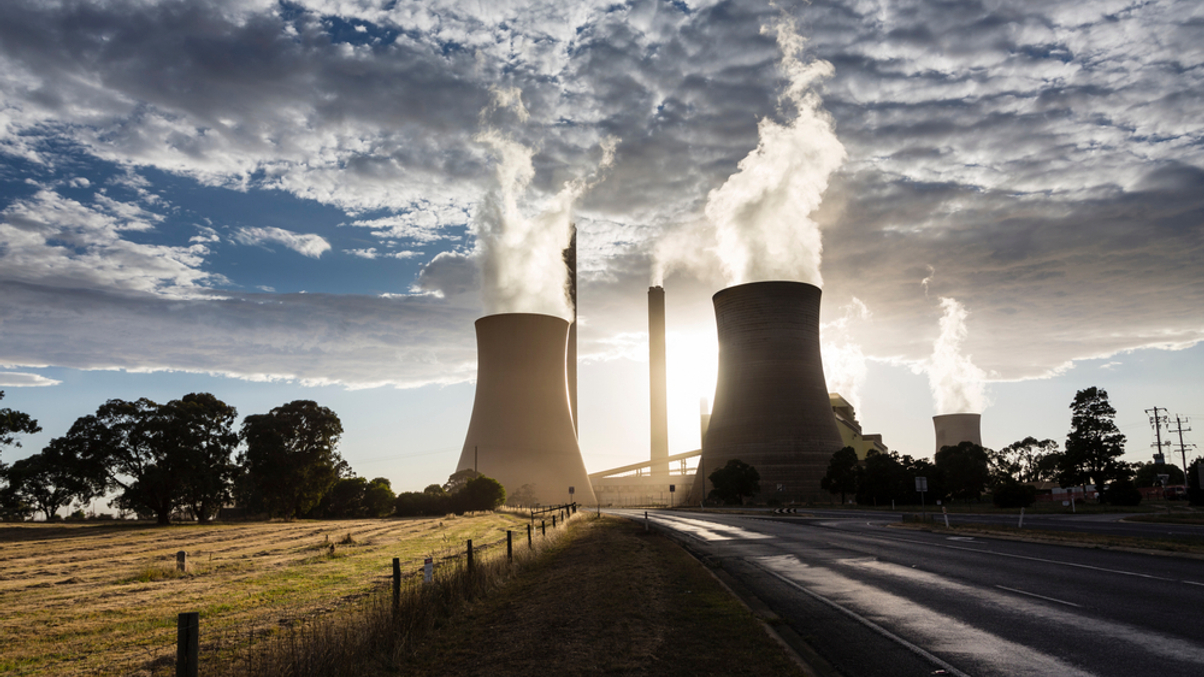Taiwan's Cathay Financial outlines strategy to drive portfolio decarbonisation
In an exclusive interview, Cathay Financial's president lists collaborations with high emitters and carbon-driven remuneration policies as a strategy to decarbonise its portfolio.

At a time when asset owners are being challenged to show they can be genuinely engaged with investee companies on portfolio decarbonisation, one senior executive in Taiwan is showing the way — by building collaboration while selectively divesting.
Sign in to read on!
Registered users get 2 free articles in 30 days.
Subscribers have full unlimited access to AsianInvestor
Not signed up? New users get 2 free articles per month, plus a 7-day unlimited free trial.
¬ Haymarket Media Limited. All rights reserved.


